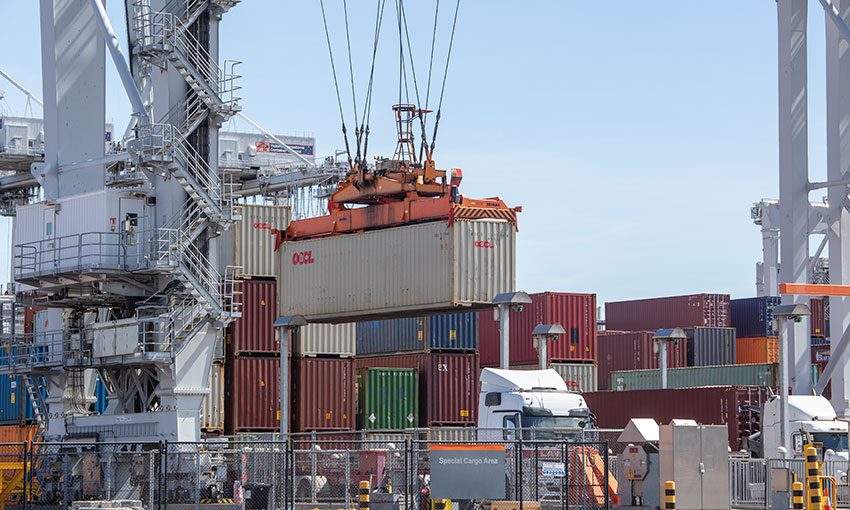THE Productivity Commission has finally released its draft report as part of its inquiry regarding the Australian maritime logistics system.
The draft report including summaries of current key points of the inquiry can be found on the PC webpage here.
The release of the draft report has been the subject of keen interest among those in the Australian supply chain who has been awaiting the independent assessment of perceived inefficiencies and unfair practices. The issue of the draft report follows the issue of other research by the PC into the cost of “nuisance tariffs” and the cost support to the Australian industry.
Taken from the report are the following key points:
- Higher productivity at Australia’s container ports is achievable and would deliver significant benefits.
- Lack of competition in some parts of the maritime logistics system means consumers pay too much.
- Workplace arrangements lower productivity – incremental changes to the Fair Work Act are needed.
- Infrastructure needs in the maritime logistics system are being addressed.
- The adoption of technology at Australia’s container ports is broadly in line with international practice.
- Concerns about domestic shipping capacity and training may be better resolved by means other than a strategic fleet.
The key point regarding the lack of competition includes the following summary which will be of direct interest to those in the “importing and delivering” part of the supply chain in Australia.
- Transport operators have no choice about which terminal they use when picking up or dropping off a container, so must pay whatever price a terminal operator sets. Recent rapid increases in terminal access charges (TACs) have flowed through to cargo owners (and consumers). Terminal operators should only be able to levy fixed charges, like TACs, on shipping lines, who can choose which terminal to use.
- Transport operators and cargo owners are paying fees to shipping lines for the late return of containers even where the delay is because empty container parks are full.
- The exemption for shipping contracts, which means that these fees fall outside the scope of the Australian consumer law, should be removed. Transport operators have no choice about which terminal they use when picking up or dropping off a container, so must pay whatever price a terminal operator sets. Recent rapid increases in terminal access charges (TACs) have flowed through to cargo owners (and consumers). Terminal operators should only be able to levy fixed charges, like TACs, on shipping lines, who can choose which terminal to use.
- Transport operators and cargo owners are paying fees to shipping lines for the late return of containers even where the delay is because empty container parks are full. The exemption for shipping contracts, which means that these fees fall outside the scope of the Australian consumer law, should be removed.
Of course, this is only the briefest summary of the overview of the draft report, and I will be undertaking a more comprehensive review of the draft report and the possible consequences for industry. The PC is seeking comments on the draft report, which are due by 14 October 2022. The timing of the draft report coincides with the release of a separate report by McKinsey into freight forwarders’ earnings amid carrier-rate volatility, available here.
There is now a real likelihood that there may be some significant changes in the supply chain once the PC completes the inquiry.

